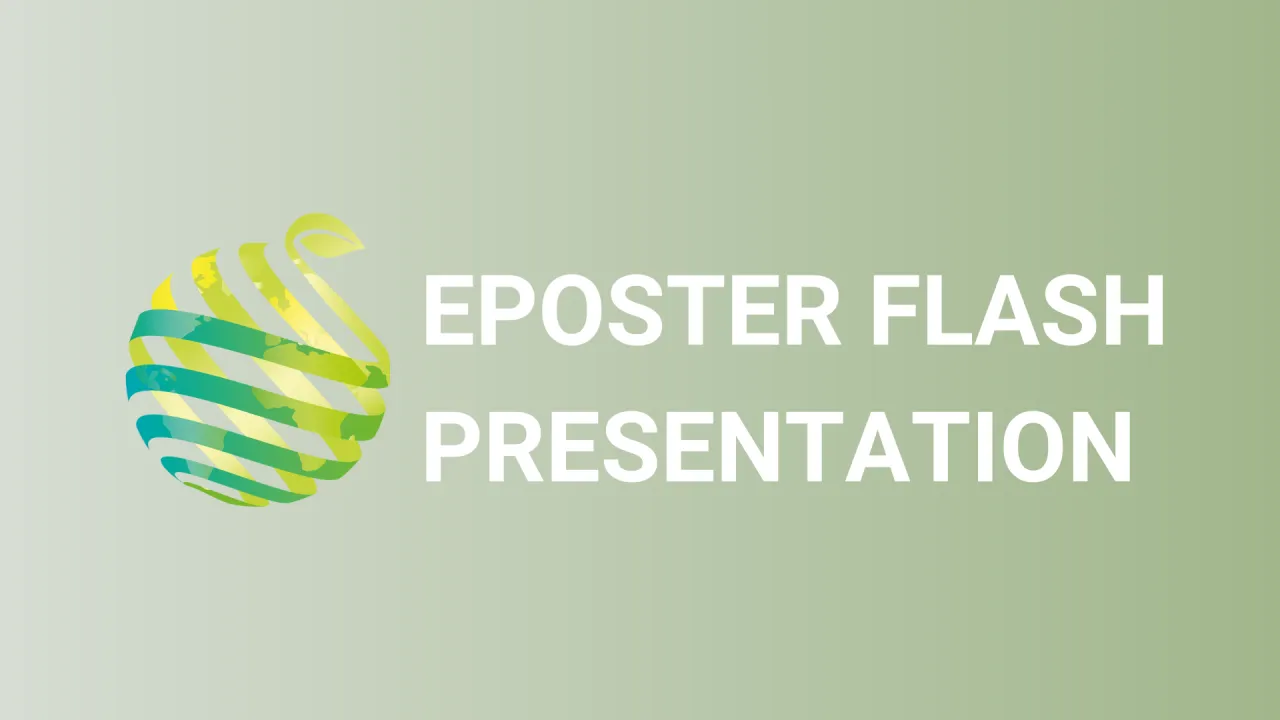

S06 - Session P12 - Use of air-based mechanical stimulation for height control in plant production of Ocimum basilicum
Information
Authors: Fabian Heesch *, Marc-André Sparke, Ute Ruttensperger
The growing demand for a sustainable plant production without the use of chemical plant growth regulators (PGRs) requires new growth regulation techniques to fulfil important quality criteria such as stability and compactness. A new system, which uses rotating air outlets to generate defined air streams, was developed by the engineering company RAITH TEC GmbH (Ditzingen, Germany) and installed at the State Horticultural College and Research Institute (Heidelberg, Germany). Basil ( Ocimum basilicum , cultivar "Edwina" ) plants were cultivated under greenhouse conditions and exposed to 40 air stream stimuli per day, either applied during daytime or nighttime, for 20 days. Air velocities reached 8 m/s on average at the apical shoot tips within the "core zone" and 4 m/s on average within the "fringe zone". Air stream treated plants showed a height reduction by 19% within the "core zone" and by 5% within the "fringe zone" compared to the control, indicating a dose-dependent growth inhibition effect. Moreover, air stream treated plants showed much greater stability and compactness, enhancing product quality and marketability. No significant differences in plant height were found between the day or night treatment, proposing that the treatment application can be scheduled during nighttime to avoid interference with other work processes. The results show that air-based mechanical stimulation can be used to increase product quality and could be a promising step towards a more sustainable plant production under greenhouse conditions, enabling horticulturists to work without PGRs or at least reduce application. Further trials will be conducted to test different treatment frequencies and treatment times on various plant species to develop treatment schemes for the horticulture industry.